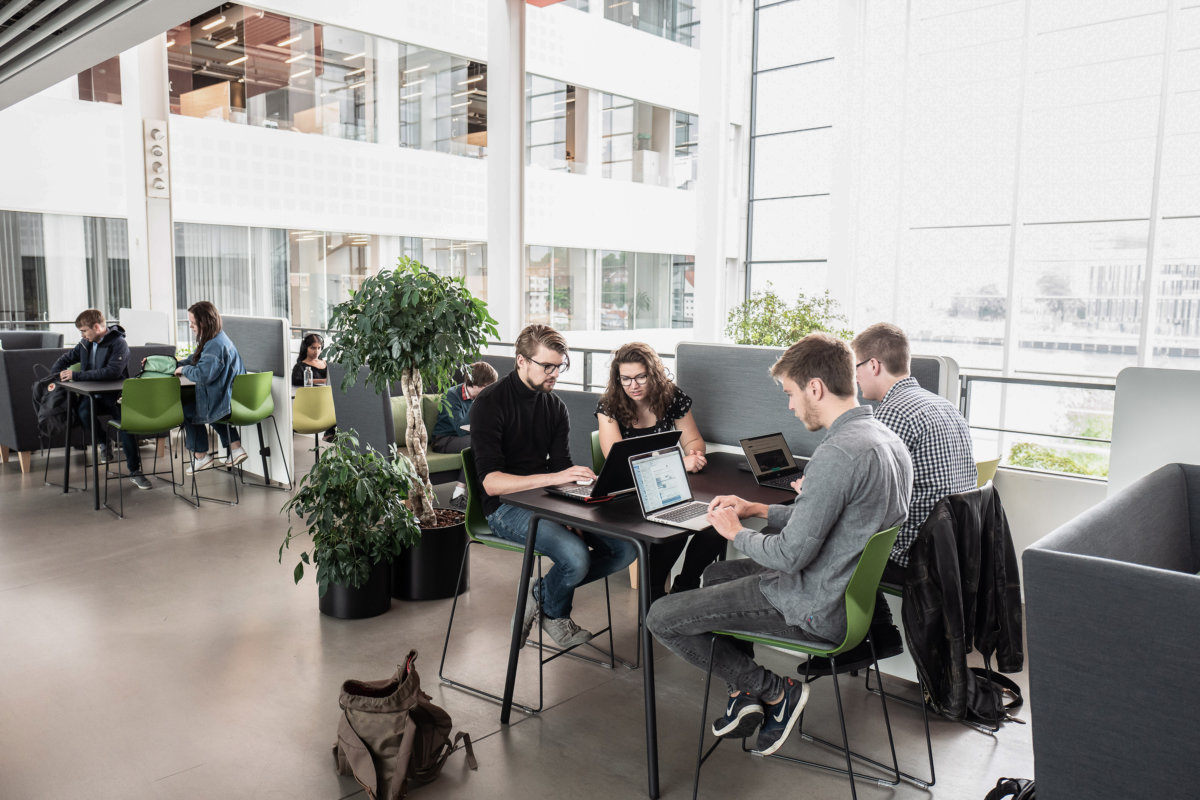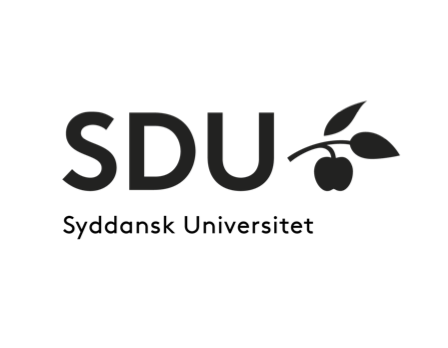The demand for Science, Technology, Engineering and Mathematics (STEM) professionals is increasing rapidly, leading to a shortage in skilled labour worldwide. Yet, women, who make up half of the global workforce, are majorly underrepresented in this field and account for less than 30% of STEM workers.
As the need for sustainable development grows, more STEM experts are required as they play an important role in finding innovative solutions to global challenges such as pandemics, climate change and inequality. It has become a high priority in many countries to encourage girls and women to enter STEM fields.
In Denmark, the University of Southern Denmark (USD) is championing women in STEM with their exciting engineering programmes. The world-leading university has an exemplary suite of offerings for aspiring female STEM leaders: inspiring role models, modern facilities and an inclusive environment — an all-encompassing experience designed to help them break glass ceilings.
To achieve equality, visibility and access matter. Anina Hasse, a final-year BSc in Engineering, Innovation and Business student from Lübeck, Germany, can attest USD has both. There are female faculty members to inspire; and their doors are always open to students with academic questions and otherwise.
“All of the lecturers have ‘open-door’ offices so you can always ask about assignments or content of a lecture. Personally, I like to talk to them right after the lecture in private if I didn’t understand anything in the presentation,” Anina says.
USD is home to some of Denmark’s most talented researchers. Recently, one of them, assistant professor Vida Engmann received the esteemed “For women in Science” award by L’Oréal in cooperation with UNESCO and the Royal Danish Academy of Sciences and Letters.
The world needs more Vida Engmanns — and USD aims to equip its students with the skills, confidence and opportunities to replicate and even go beyond her success.
Hence why USD’s engineering programmes are hands-on and experiential, a method of learning to replace the chalk-and-talk pedagogy of the past with inquiry, problem-based and project-based learning. It’s an approach that gives USD women graduates an edge over their competitors, thanks to their classes that not just lets students synthesise subject matter, but put them to use immediately.
Anina shares, “Every semester we participate in ‘Semester Projects’ which are supervised by the lecturers of each module. We learn how to use different technologies and apply them to real-world situations. The group project has also helped prepare us for working in teams.”
As for her most memorable class so far? It’s when her class got to calculate why a slice of bread always falls jam-side down. “It was just the perfect mix of theory and the practical usage of what we learned,” she says.
Practical learning is known to improve critical thinking and communication skills too. Anina was able to understand her own strengths and weaknesses, as well as others — as a result, she was able to manage her projects better.
She says, “Another valuable thing that I learned from these projects is the importance of good time management – during the development phase, we found that it’s extremely important to efficiently manage your time. All of these learning experiences helped us with the following projects.”
Ready to tackle the grand challenges of the world
The University of Southern Denmark offers a solid international degree in engineering. Engineering programmes here include Electronics, Mechatronics, Engineering, Innovation and Business, and Mechanics – a new programme that starts next September.
It will be taught in English and the university charges no tuition fees for EU citizens who enrol in English engineering degree programmes.
For EU citizens, all USD programmes are tuition-free; non-EU postgraduate applicants can apply for scholarships to study mechatronics or electronics here.

Source: University of Southern Denmark
USD’s beautiful campus in Sønderborg, Denmark, is located by the Baltic Sea. It is made up of approximately 60% international students. Classes are small, allowing for many one-on-one interactions with professors. You will also be studying in teams and carrying out projects in collaboration with the Danish industry. This will help increase your chances of getting a job in Denmark.
Another perk studying at USD? You’ll have the best of the Nordics and Europe at your doorstep. Anina got to explore many cities in Denmark, including Aalborg and Copenhagen.
Anina says, “During the weekends, I have handball matches or join our student bar on Fridays or other events from our university organisations. If the weather is good, I love going for a coffee to the city centre or just hang out with friends at the beach.”
Inspiring, supportive and fun — the University of Southern Denmark is ready to smash stereotypes in STEM. Are you?
Like this? Then you’ll love…
Discover Odense: A fairy tale student city
Get ahead of the engineering curve with an innovative degree in Mechatronics or Electronics











